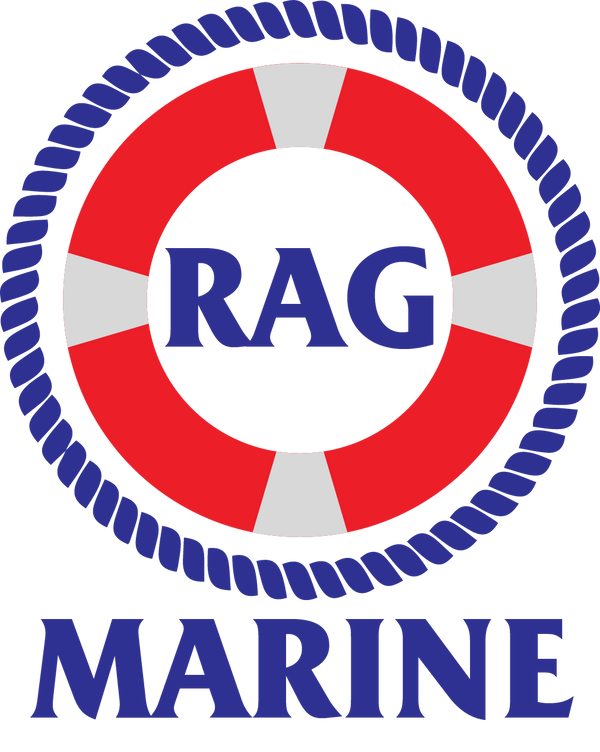Marine Fuel Management: An Inside Look at Best Practices
Share
While having a good time on the boat is important, making sure you have proper fuel management protocols in place goes a long way towards keeping you and your passengers safe. This comprehensive guide will teach you the basics of marine fuel management, including how to properly store, transfer and use marine fuels safely.
Have a Comprehensive System in Place

Developing a comprehensive system to monitor and manage your marine fuel system is an essential part of proper fuel management. This includes having and enforcing policies such as regularly monitoring and replacing tanks, using approved fuels only, avoiding fuels containing added lead and other contaminants, testing tank bottoms for sediment buildup, maintaining accurate records of fuel levels and usage, inspecting fuel lines regularly for wear and tear, using only ABYC certified approved equipment when transferring fuel, and maintaining proper maintenance on all parts of the fuel system.
Opt for Regular Fuel Filters Replacements
Marine fuel filters should be changed regularly to make sure your boat’s engine is running efficiently and that the fuel being used is clean and free from contaminants. Ideally, you should change your fuel filter every 50 hours of operation or every six months — whichever comes first. It is also a good idea to check the filter for particles and debris each season, even if there hasn’t been an increase in the filter pressure.
Choose the Right Fuel Type For Your Vessel
Not all boats are the same and different engines require different fuel types. You should always know what type of fuel your vessel requires and stick to it. Most boats made after 1996 have outboard or diesel engines that require gasoline-specific fuel, while older boats often need higher octane ratings than modern vessels. Make sure you’re familiar with the recommended fuel type for your vessel in order to get the most out of your marine engine.Protect Against Bacterial Growth and Contamination
Poor marine fuel management can lead to bacterial growth and contamination, which can cause serious engine or fuel system problems. You should always ensure the fuel tank is well ventilated to reduce condensation, which leads to bacterial growth. Additionally, you should always inspect the tank for any signs of rust or corrosion before adding fuel. Keeping a clean filter and replacing it often will help you avoid bacteria buildup as well.Monitor Fuel Inventory to Control Cost and Maximize Efficiency
Proper marine fuel management involves more than just refueling – it’s also important to regularly monitor fuel inventory. Keeping track of the amount of fuel in a tank (seasonally or otherwise) will help you maximize efficiency and control costs by estimating how much fuel you need, as well as when you should refill the tanks. Additionally, tracking your fuel use can highlight which engines consume the most fuel, so that you can determine where best to take conservation measures.
